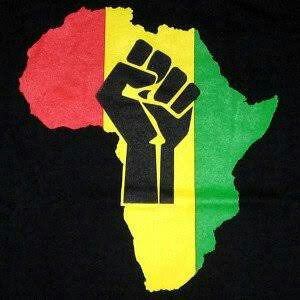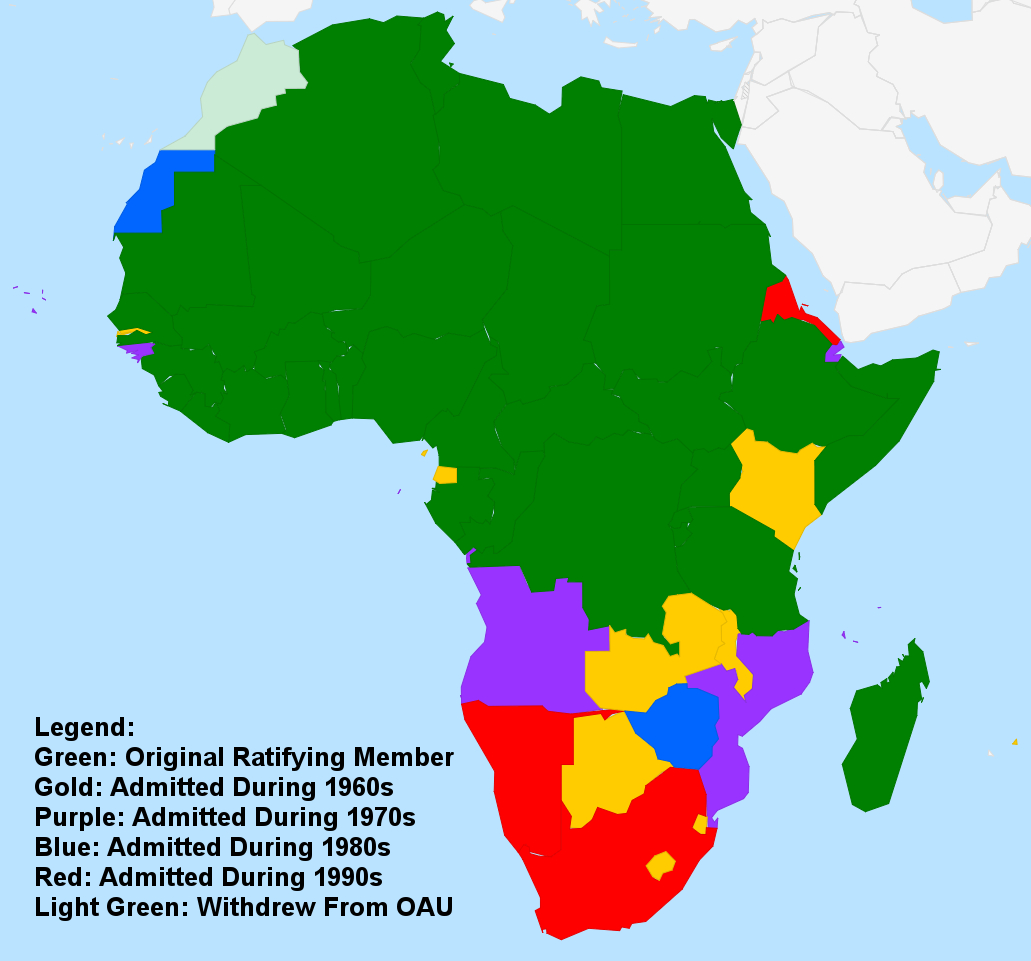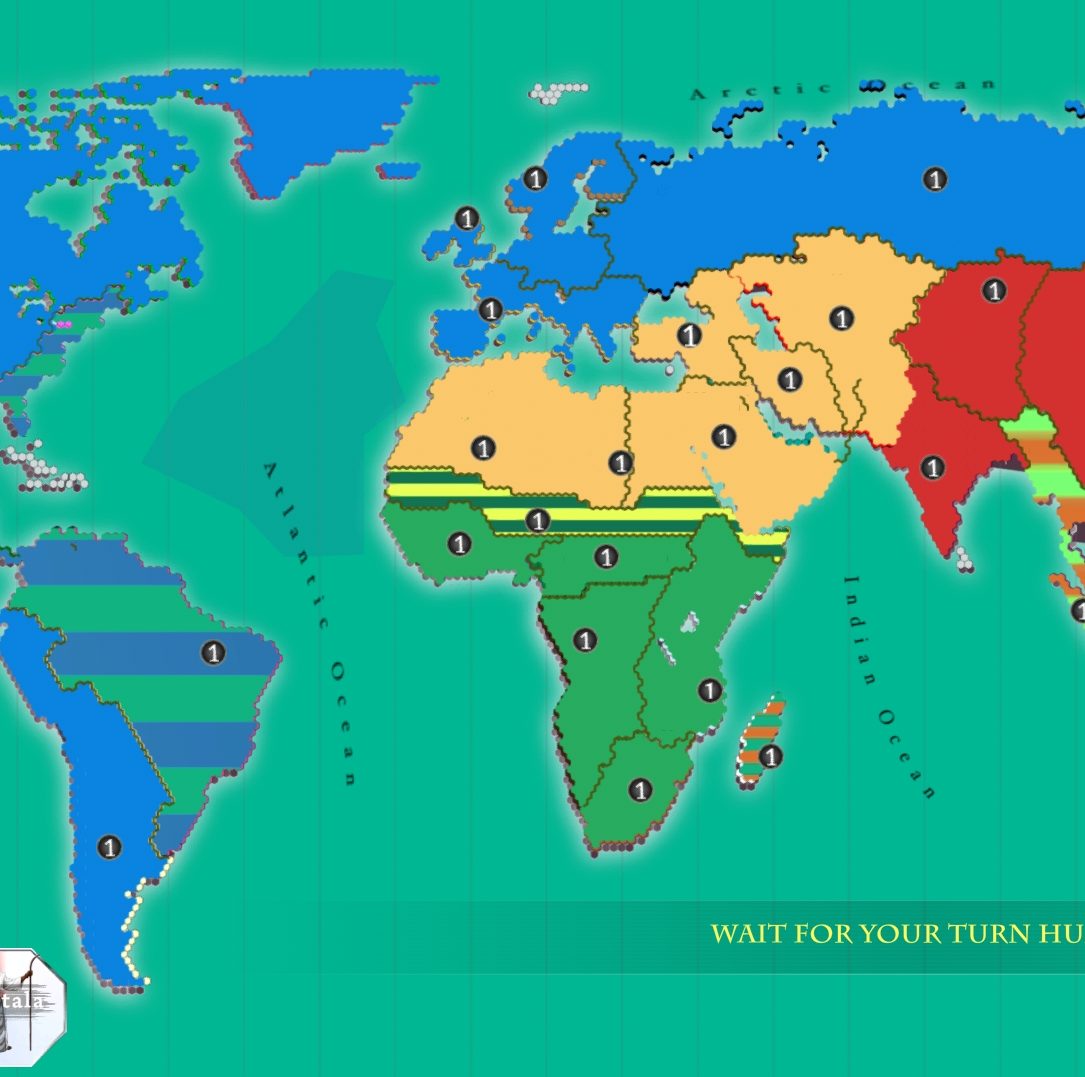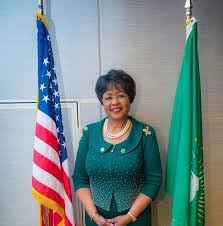
The sacking of the AU ambassador on the orders of the French imperialists provoked anger and criticism, but mainly against the symptoms of the continued subjugation of Black Africans.
The French, not only extorts a colonial tax from its African colonies that got pseudo-independence in the Sixties, but it still collects colonial tax from Haiti independent since 1804. That the French could have such power in the African Union just shows that African unity and freedom is still a work in progress. Until a restructured Nigeria restructures Africa the Blackman can’t be free.
Tracing the history of African national unity, we must examine why and what was the basis of initially setting up as Organization of African Unity, headquartered in Addis Ababa Ethiopia, and later African Union in South Africa. The first, Ethiopia, being the origin of Afroasiatic Abrahamic structures, while the second, South Africa, has the largest White population in Africa and is their most viable economic center.
Contrary to the fallacy that Ethiopia was never colonized, it was actually the first Original African territory colonized and overwhelmed by Eurasians 2000yrs ago. With over 70 waves of Eurasian immigration, its Original African cultural essence of Erecha (Orisha) was relegated and the people mixed into one of the first Afro-Asians. Amhara language is Greek mixed with Niger Congo languages. The Greeks that conquered Egypt, adopted Jewish scriptures being written at the time around 320BC in Alexandria Egypt, and used it as a tool of cultural imperialism to install a Greek Solomonic dynasty in Ethiopia to the south.
All Afroasians – Ethiopians, Fulani and Zanibar Arabs – collaborated with Europeans in the 1800s Scramble for Africa, especially those of Ethiopia that greatly extended their borders by annexing surrounding lands.

When the Black Diaspora and international Original African students began to unite into a Black liberation movement in the mid-1900s, the Colonists resorted to cultural disorientation by promoting Haile Selassie as the paramount African king. Especially, since we didn’t understand that there were two cultural spheres across Africa – Afroasians and Original Africans (Niger Congo ethnolinguistic family).
A Christian African culture, instead of Original African Ifa culture, took root in Jamaica and was propagated across the Black Race with Reggae and Rastafarianism. This had the effect of cultural disorientation of the Black Diaspora that took to Ethiopia, shunning their West African counterparts that they collaborated with to build the Black Power movement, but who were now labeled Judases for selling them into slavery.
At the Original African heartland, Nigeria, the British expanded and promoted the Afroasiatic Fulani caliphate interests into Northern protectorate, while cutting the Original African cultural sphere of Southern protectorate into East and Western regions, to help Afroasians take power in Nigeria.

Kwame Nkrumah’s Pan Africanism that fastened the pace of independence across Africa was advanced to having a Pan African body to continue and strengten African unity towards absolute freedom. Though it was Nkrumah in 1961 that initiated the coming together of the newly independent African nations into the Organization of African Unity, Emperor Selassie and his Ethiopia, backed by the West, took the moral and cultural leadership to attract the OAU headquarters. The recently freed African nations were divided into two camps – the Casablanca group led by Nkrumah towards Pan Africanism and Monrovia camps teleguided by Western and Afroasiatic colonists towards meaningless nationalism.
Emperor Haile Selassie invited both groups to Ethiopia and the larger group with British backed Afroasiatic leadership in Nigeria and French colonies, the Monrovia group, won the argument and OAU was to start on very wrong foundations. Its enshrining of national votes over one man one vote principle resulted in the body hearing the invisible voices of the imperialists and not that of the common African man.

It must be said this was the only way we could have come together at this phase of our political evolution. Nevertheless, it prevented true African unity and carried over the colonial influence to subjugate popular African sovereignty. Sparsely populated territories of a million people had the same one vote as nations with 100m people.
France’s move to breakup its two Federations – French West Africa and French Equitorial Africa – into thirteen weak dependent nations, pushed by Ivory Coast’s President Humphrey Boigny, was to have long term implications. This translated into 13 votes instead of 2, and the advantage was not only the political weight they exerted in continental bodies like OAU or the Football federation. They were only independent in name since the French retained economic control by forcing them to accept the French controlled currency CFA. The breakup into 13 nations enabled France to continue as a major global player with its military industrial complex supplying 13 armies and its peoples, as opposed to Nkrumahs call for a single Pan African army.

With complete economic domination of the Francophone nations, whereby they had to refer to France for any contract over $5m, France controlled their local political spheres by barring all Pan Africanists or anti-imperialism politicians. Only pro-French politicians were allowed to rule the neocolonies and were the voice of the French in any united African movement. When Gbagbo broke the trend, the French were able to close down the economy since no Francophone national owned a bank. It was this French domination that frustrated Ecowas and Nigeria, whose economy was sabotaged with the French Freeport in Benin Republic.
Ethiopians moral and cultural leadership was soon challenged by Somalia’s demand for the return of its territory stolen during the Scramble for Africa. Initially Ethiopia’s Haile Selassie was backed by the Western colonists against the Russian backed Somalis, but when Selassie was overthrown the superpowers switched sides as the Horn of Africa was trashed. With the center of African unity under constant bombardment, OAU faltered.

It was to be Nigeria under a temporary Pan African government that was to take decisive leadership towards the liberation of Southern Africa. In the OAU, using its financial and moral power, Nigeria faced down the imperialist lobby and narrowly won the OAU backing of the rightful liberation leaders in Angola. In Zimbabwe, Nigeria nationalized British assets (BP) in response to British intransigence. In South Africa, it backed and armed ANC as it led international sanctions against the Apartheid regime.
On the other side, Ivory Coast, France’s richest African neocolony, under the leadership of Humphrey Boigny, pushed neo imperialists interests encoded with gradualism and constructive engagement. At the height of Nigerian led sanctions, Ivory Coast remained the only Black African nation with direct flights to apartheid South Africa.
Nigeria, the most populous African nation, the Black heartland where all Original Africans migrated to South, East and Central Africa, hosted only one of the 30 yearly OAU summits. Its cultural disorientation at home that led to Fulani hegemony and within the Organization, made OAU a toothless bulldog in most issues. With the freedom of the last Black African nation, South Africa, it was to be Thabo Mbeki that rejuvenated African unity towards the next phase of economic freedom and in 2002 evolved the Organization of African Unity into the African Union, in semblance of the European Union.

Like with the OAU leadership based on the fallacy of Ethiopia being the cultural and political leader, South Africa was not the Black African economic heartland. Just like the cultural leadership of Ethiopia was based on Afroasiatic power structure, South Africas economic might was based on White control. In studies conducted by the IMF, it was stated that a single African currency will be dominated by Nigeria, Africas largest economy.
The question is why is not Nigeria, the headquarters and driver of African unity. Nigeria can only stand strong as the African Giant when it is restructured towards fairness and equality. It is only then it can take its rightful place as the true African center of Economics, population, culture and politics. This is the last phase of African unity. Basically, all Africans must be given representative democracy in their nationstates as well as in Pan African unions.
The restructuring movement though colored in ethnicity is basically pushing for the best practises of a bottoms up approach that power comes from the grassroots and not a distant capital. When successfully restructured, power would be devolved from the center, often controlled by imperialists, to basic units like states or even smaller. When this is achieved, it should move across Africa to dismantle the European borders into manageable self determining units that come together only for common defence and linking transport networks. When Africa is restructured to smaller equal and manageable ethnic units, the African Union will naturally swing towards the true cultural, economic and political center.
With a viable restructured African Union, French imperialism in Africa will be squashed with the introduction of a single currency that would release the Francophone nations from the French economic stranglehold of its CFA. Once Francophone has its economic freedom, it would be easy to shrug off French political interference.
So, rather than shout ourselves blue over current French excesses, Original African cultural nationalism should be used to galvanize the majority to defeat the minority Fulani hegemony and restructure Nigeria, then follow the migratory routes out of Nigeria all the way to South Africa to restructure away from European imperialism.
Only truly united Africa power can defeat the French, British and Afroasiatic imperialists.








